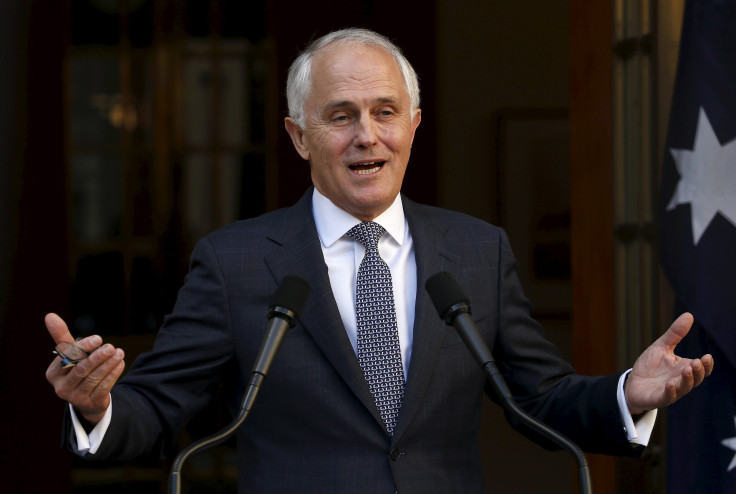Turnbull announces laws obliging Facebook, Google to help with crime investigations

Google and Facebook may soon be required to decrypt online messages under new laws obliging the social media giants to assist Australian security agencies in obtaining access to encrypted messages from suspected terrorists and other criminals. The laws would be similar to Britain's Investigatory Powers Act that enforces an obligation on companies to collaborate with investigations.
Australian Prime Minister Malcolm Turnbull said the internet should not be a place for child molesters, terrorists and drug traffickers. He wanted to ensure that companies will collaborate to ensure criminals could not hide from the laws.
Attorney-General George Brandis said the first preference of Coalition was for companies to offer their help. However, the government would still be able to require them to act when necessary and reasonable.
"Potentially, as the United Kingdom has done with its Investigatory Powers Act, as the New Zealanders did in 2013 with their equivalent legislation," ABC quotes him as saying. Brandis explained that it includes companies subject to an obligation to assist law enforcement in solving crimes.
Encrypted communications
As in the UK, it would be on a warranted basis. He said he was assured by UK's chief cryptographer that the new approach was feasible. The new legislation is scheduled to be introduced to the Parliament later this year.
Based on the latest data from the government, the amount of encrypted communications intercepted by ASIO climbed to over 55 percent in July this year compared to only 3 percent in 2013. Over 65 percent of data currently being intercepted by the Australian Federal Police utilise some form of encryption. Encryption was featured in attack planning for the 2015 Paris attacks and other incidents.
If the laws are passed, technology companies can assist with investigations into paedophile networks, terrorism and other major organised crimes. The Australian Federal Police will also have the ability to remotely track computer networks and devices.
The Opposition will carefully consider the details of the legislation, according to Labor frontbencher Anthony Albanese. "We'll look at any legislation with the same approach we've had to all of this, which is a common sense approach that we must keep Australians safe," he told Channel Nine, adding there must be a bipartisan approach.
At the G20 summit this month, the prime minister called for action on terrorists using encrypted messages. Brandis has also raised the issue at a meeting with Australia's Five Eyes intelligence partners.
Read More:
Lack of regulation makes Australia an 'attractive target for money launderers': ANZ
How a Melbourne startup doubles staff numbers in 12 months
CBS News/YouTube





















